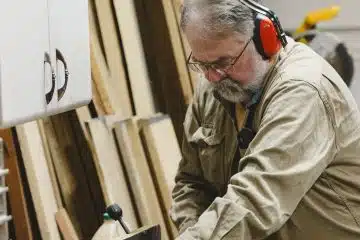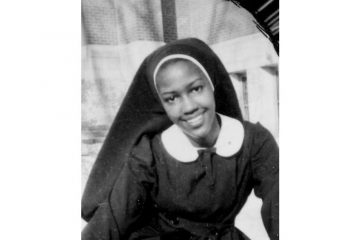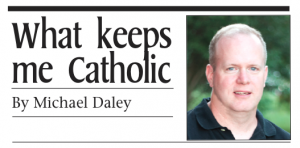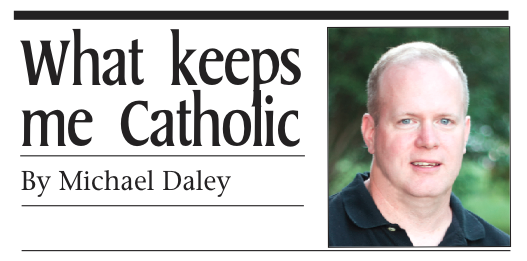What Keeps Me Catholic?—Food and Meals
It happens once a month—Welcome Sunday.
With three independent-minded kids, when told to get ready for Mass, I am surprised that there are no, well, fewer complaints. Likewise, leaving home they all have smiling, well, no frowning faces. The purpose of the Mass is that afterwards, in the school cafeteria, people will gather there for a social. New faces can meet current ones; current ones can converse with the ones who seem to have been there their whole lives. life timers. The only words that my kids hear though are FREE DONUTS.
Like most kids, throw food into the equation, and they’ll be there. Putting the proverbial carrot before the meeting, attendance will soar at the event if we say food will be provided.
It’s much the same at the Daley household. Food and meals. Ultimately, it’s what keeps us together. Work and activities stretch us very thin, at times almost to the breaking point. But at the kitchen table, through the partaking of “our daily bread,” we meet each other face to face. Though we may have just been arguing with a brother, sister, or spouse, now we have to ask them—politely—to pass the butter or even thank them for preparing the meal itself.
My wife is much better than I at privileging this encounter of substance and persons. Sadly for some years now, due to the divorce over twenty-five years ago, when my family—mom, dad, and brothers—comes to the table, it’s broken. The memories are painful, the conversation is superficial, and the silence is awkward. As a result food and meals are something we’d rather avoid.
Yet, as difficult as they are, these meetings are also humanizing and, as a result, essential. The caricatures, prejudices, and biased views we have of one another are brought into a greater and more complete perspective when we’re seated across the table from them.
Jesus knew well this transforming dynamic between people and food. As scripture attests it was central to his person and ministry whether with one person or five thousand. To the point where some wanted to use his enjoyment of food and meals as a mark against him—“Look, he is a glutton and a drunkard” (Mt. 11:19) In the end, though, it isn’t so much what he ate that challenges us but who he ate with—“tax collectors and sinners.”
A prominent story in which the theme of food and meal looms large involves two disciples on the road to Emmaus (Luke 24). The crucifixion had been debilitating to the faith of these followers. Talking and debating about all the things that had just occurred, Jesus joins them—“but their eyes were prevented from recognizing him.” Ironically, they respond in disbelief at the person’s current events deficit. In response to their limited understanding of him, Jesus calls them “foolish and slow of heart” and goes on to explain to them the fullness of scripture.
Later, as it appeared that they would part ways, the two urged the “stranger” to stay and have dinner with them. Then, while at table, Jesus took the bread, said the blessing, broke it, and gave it to them. In the process their eyes were opened and they saw him as he truly was. A stranger was revealed as their savior. Whether eucharistic or familial, sharing food and meals provide this opportunity for company which prompts conversation which enables connections to be made. Unfortunately, our fast food culture minimizes this possibility.
The power of food and meals though is such that the brokenness of faith can lead to the wholeness of relationship. This actually allows us to image the life that is to come as an eternal and heavenly banquet. It’s also what keeps me Catholic.
This What Keeps Me Catholic column but Michael Daley originally appeared in the July 2014 print edition of The Catholic Telegraph.











